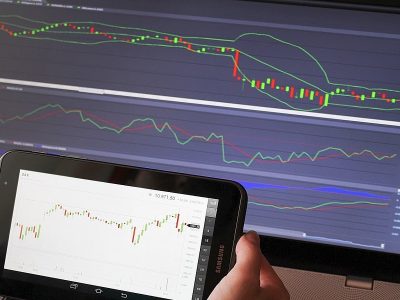The cost of stock trading mostly depends on brokerage fees. Indian investors must first know the factors driving these expenses. varying brokers offer varying fees depending on their services and trading approach. A brokerage calculator helps investors project these fees before making transactions. Understanding these factors helps traders choose wisely considering cost. This study highlights the primary factors affecting Indian brokerage charges.
Type Of Broker
The type of broker you choose will greatly affect the breaking fees. Full-service brokers offer advice, research reports, and customized assistance. Fees wise, these brokers charge a larger proportion of the transaction amount. On the other hand, bargain brokers focus simply on deal completion. Regular traders find them reasonably reasonable given their brokerage charges either very low or flat. Using a brokerage calculator allows one to assess costs between bargain and full-service brokers in relative terms. The broker you decide on could greatly affect your entire trading expenses.
Trade Volume

Broking charges vary considerably on trading volume. Usually collecting a percentage-based charge on the transaction value, brokers As you deal with larger trading volume, you pay more brokerage. Still, several brokers grant discounts to heavy volume traders. Sometimes bulk trading, or trading in larger volumes, helps to lower per-trade costs. A brokerage calculator allows one to investigate how trade volume influences the general brokerage estimate. Combining offers allows investors maximize savings and cut costs.
Types Of Financial Instruments
Different types of financial instruments affect brokerage costs. Trade of one sort influences another. For example, equity delivery trades often cost more than intraday transactions. Likewise, trading futures and options could have defined fees. Brokers charge vary for divisions in money, commodities, and equity. Usually in options trading, a set cost per lot is used. Investors should review the fee policies for many assets attentively. A brokerage calculator helps maximize savings and assist in multi-asset class expenditure evaluation.
Breakthrough Techniques
Brokers offer many brokerage plans designed for traders’ needs. Plans based on percentages pay for expenses commensurate with the trade value. Flat-price items, on the other hand, allow you trade unlimited for a fixed cost. While frequent traders benefit from flat-fee schemes, percentage-based plans suit infrequent investors. Some brokers even offer customized plans for affluent clients. One might use a brokerage calculator to determine which strategy offers the highest savings. Choosing the suitable brokerage plan is essential for good expenditure control.
Conclusion
Understanding the components influencing brokerage fees helps traders to manage their expenses. Crucially important roles are played by broker type, trading volume, financial goods, and brokerage techniques. Comparing and estimating costs calls for instruments like a brokerage calculator. Selecting the right broker and approach will enable investors to save somewhat remarkably on trading expenses. Awareness and smart selections that also serve to keep brokerage costs down will guarantee maximum returns. Effective control of brokerage fees is a sensible first step toward better stock trading financial performance.








Comments